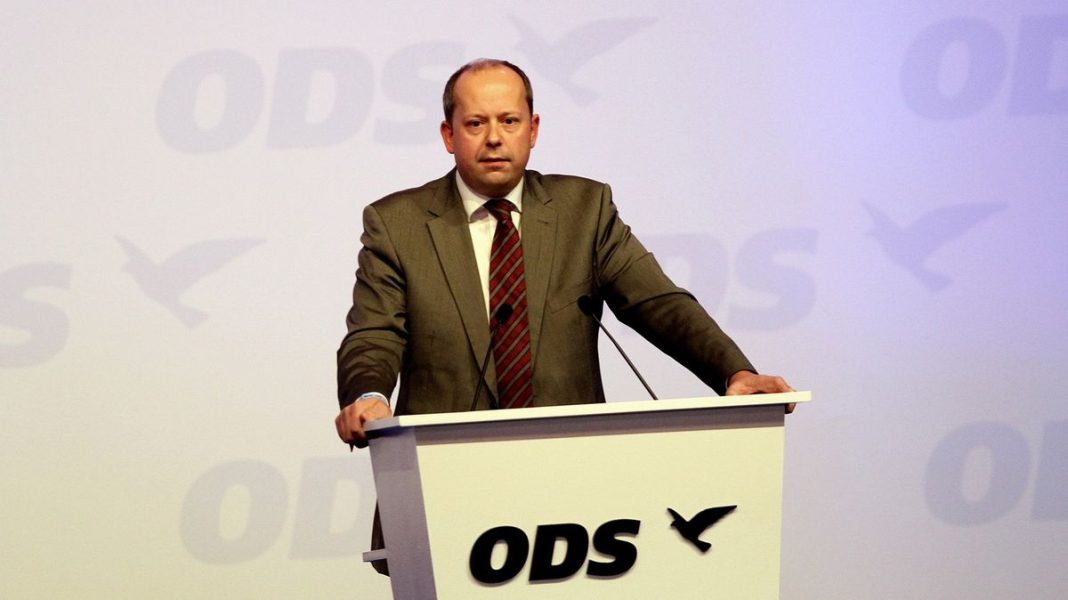The Czech Republic, alongside several other EU member states, is actively engaged in negotiations concerning the proposed climate goals set by the European Union. The discussions revolve around finding a balanced approach that addresses environmental responsibilities while considering economic and social impacts.
Current Status of EU Climate Goals

The European Union has been at the forefront of setting ambitious climate targets designed to significantly reduce carbon emissions by the year 2030. These goals are part of the EU’s broader commitment to becoming climate neutral by 2050. However, achieving these targets requires substantial policy changes and investments from all member countries, creating challenges that necessitate extensive dialogue and negotiation.
The climate goals include reducing greenhouse gas emissions by at least 55% from 1990 levels, increasing the share of renewable energy in the EU’s energy mix, and improving energy efficiency. Although these objectives are widely supported, they require adaptations that could have varied impacts on different countries, depending on their current energy infrastructure and economic dependencies.
The Czech Republic’s Position

The Czech Republic, represented by Environment Minister Petr Hladík, is evaluating how best to meet these targets without causing undue strain on its economy. The country’s reliance on coal as a significant energy source puts it in a challenging position as it seeks to transition to greener alternatives. The negotiations are crucial for securing concessions that provide flexibility and financial support for nations with similar dependencies.
Minister Hladík has emphasized the need for a balanced approach that does not compromise the economic stability of countries in transition. The Czech government is advocating for more extended timelines, increased financial mechanisms, and support for low-carbon technologies as part of the EU’s climate strategy.
International Collaboration

Beyond the internal EU negotiations, the Czech Republic is also engaging with other countries that face similar challenges. These international collaborations aim to share technological advancements and best practices for transitioning to sustainable energy sources. Such cooperations are vital for ensuring that all member states can meet their climate commitments in a fair and equitable manner.
The dialogue includes exploring opportunities for joint investments in renewable energy projects and research initiatives. By working together, countries can achieve economic efficiencies and promote innovation that benefits the entire EU region.
Potential Impacts on Industry and Economy

For countries like the Czech Republic, transitioning to low-carbon energy sources has significant implications for various industries. The shift away from coal will require a transformation in the energy and manufacturing sectors, potentially affecting jobs and economic growth. Ensuring a just transition is thus a key focus of the negotiations.
The government is acutely aware of the need to support industries in adapting to new regulations and exploring opportunities for growth in emerging green technologies. This includes sufficient retraining programs and support for affected workers, alongside incentives for businesses to innovate and reduce their carbon footprint.
As the discussions continue, the outcome will not only shape the future of the Czech Republic’s climate policies but also influence the EU’s overall ability to meet its ambitious climate targets. The need for a coordinated, flexible approach remains a central theme in these ongoing negotiations.





